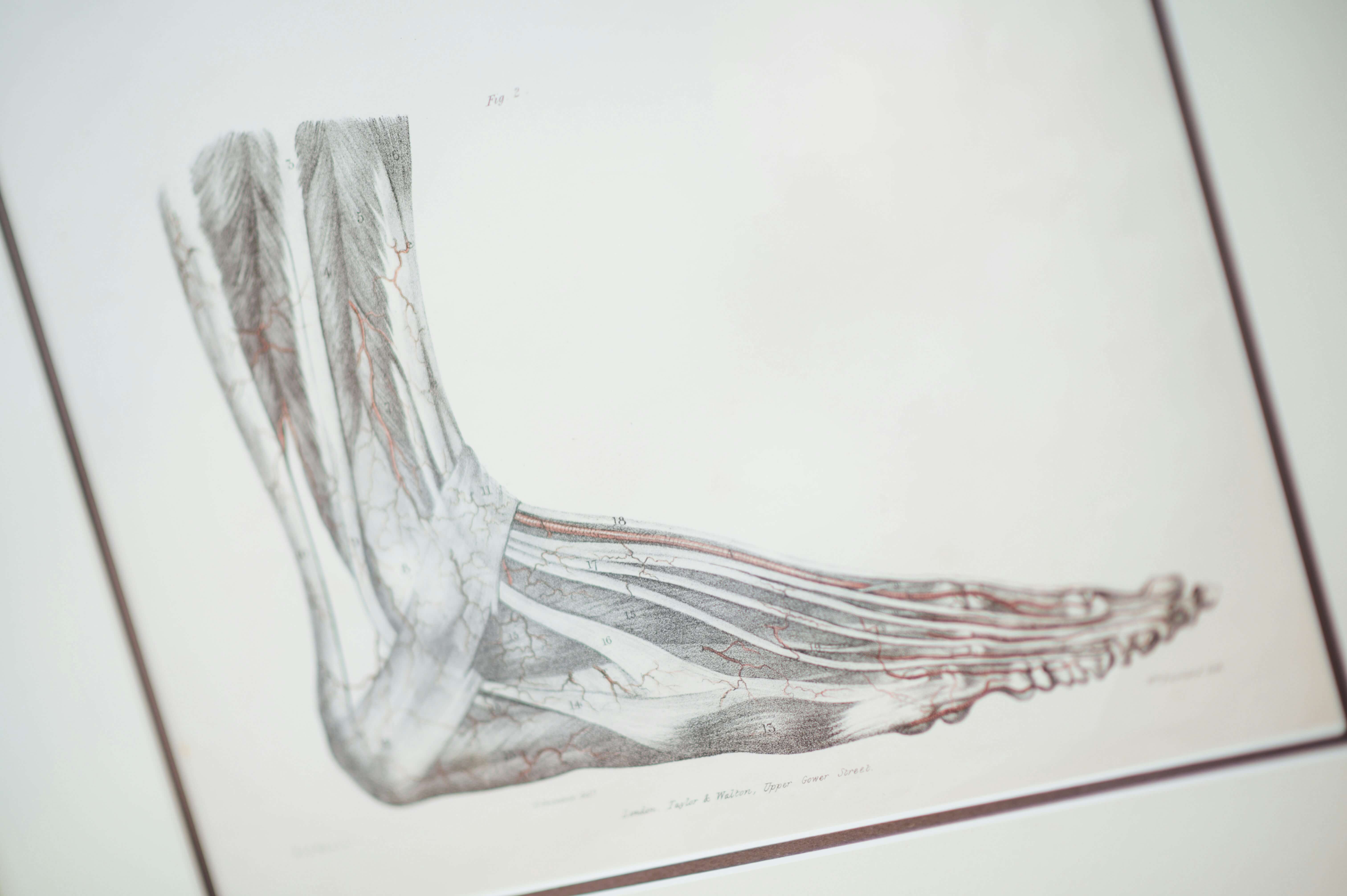Diabetic Foot Care: The Daily Habits That Could Save Your Feet
Living with diabetes means your feet need VIP treatment. What might be a minor issue for someone else can become a serious problem for you. But here’s the good news: most diabetic foot complications are completely preventable with the right daily habits.
The Daily Inspection: Your Most Important 60 Seconds
Make this your new bedtime routine: Inspect your feet every single day.
Look for cuts, blisters, redness, swelling, or any changes from the day before. Use a mirror or ask a family member to help check areas you can’t see easily. This simple habit catches problems before they become emergencies.
What you’re looking for:
- New cuts, scratches, or blisters
- Changes in skin color or temperature
- Swelling that wasn’t there yesterday
- Ingrown toenails or nail changes
The Wash and Dry Protocol
Daily foot washing isn’t just about cleanliness—it’s medical care.
Use warm (not hot) water and mild soap. Test the water temperature with your elbow, not your foot, since diabetes can affect your ability to sense temperature accurately. Dry thoroughly, especially between your toes where moisture loves to hide and cause problems.
The Footwear Rules That Matter
Your shoes are medical equipment now.
- Never, ever go barefoot—even at home
- Check inside your shoes before putting them on (shake them out)
- Choose shoes that fit properly with room for your toes
- Break in new shoes gradually, wearing them for just an hour at first
- Replace worn-out shoes before they stop providing protection
When to Call for Backup
Don’t wait and see. Some things need immediate attention:
- Any cut or wound that doesn’t start healing within 24 hours
- Signs of infection: increased redness, warmth, or pus
- Changes in sensation or new numbness
- Persistent swelling or pain
- Any foot problem that’s getting worse instead of better
The Moisture Balance Game
Your feet need to be Goldilocks-level perfect: not too dry, not too moist.
Use a good moisturizer on your feet daily, but avoid putting it between your toes where excess moisture can cause problems. If your feet tend to sweat, consider moisture-wicking socks and antifungal powder.
Professional Partnership
You and your podiatrist should be a team.
Regular check-ups aren’t just recommended—they’re essential. Professional nail trimming, callus management, and early problem detection can prevent minor issues from becoming major complications.
The Bottom Line
Diabetic foot care isn’t complicated, but it is crucial. These daily habits take just a few minutes but can literally save your feet—and your mobility—for years to come.
Your feet carry you through life. When you have diabetes, taking care of them isn’t vanity—it’s vital.
